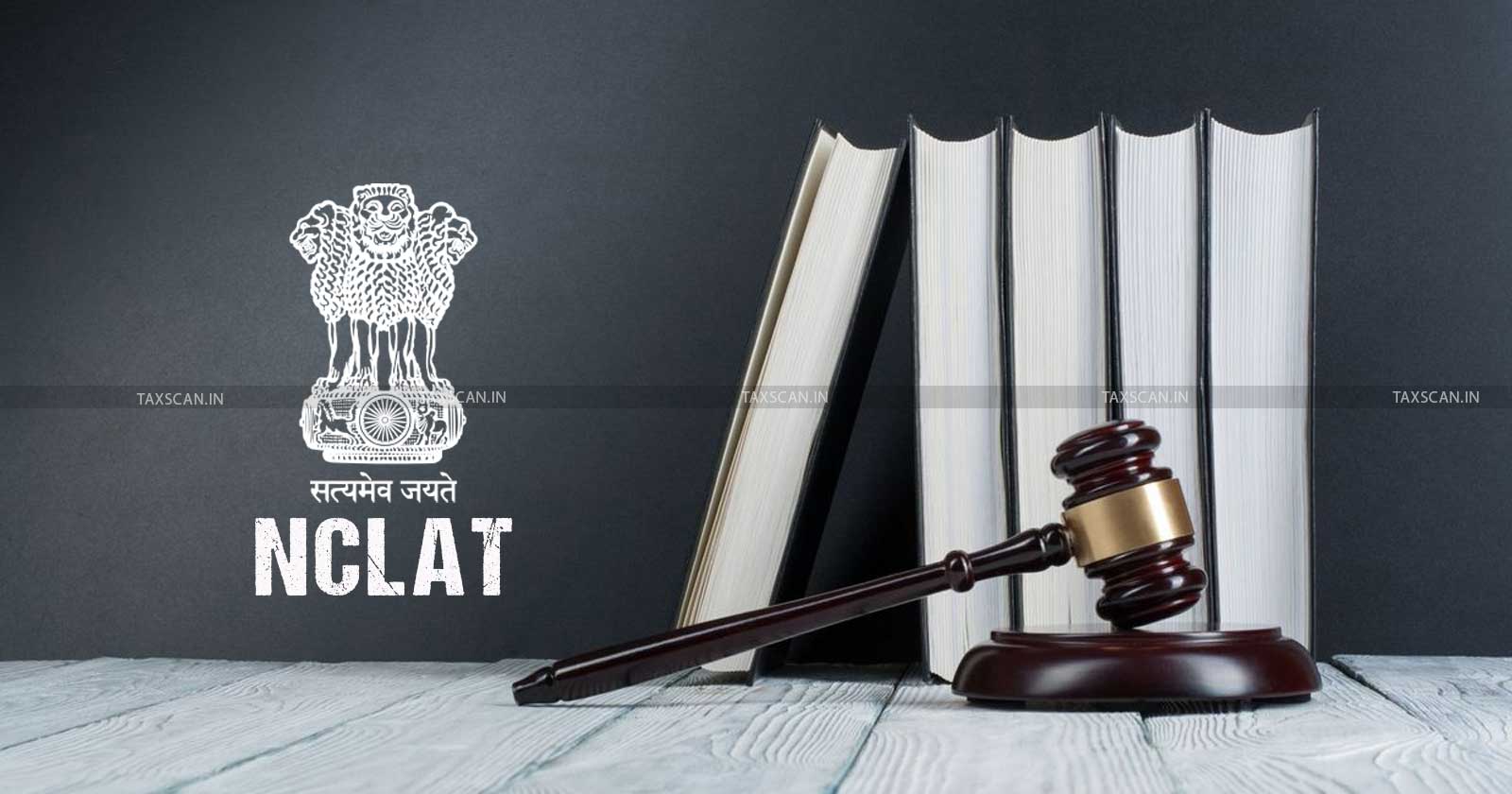NCLT can set aside Fraudulent Initiation of CIRP when Hearing Appeal u/s 61: NCLAT [Read Order]
The bench held that NCLT has jurisdiction to enquire into allegations of fraud. fraudulent initiation of CIRP cannot be a ground to bypass the alternative remedy of appeal provided in Section 61.

NCLT – Fraudulent Initiation – CIRP – Hearing Appeal – 61 – NCLAT – taxscan
NCLT – Fraudulent Initiation – CIRP – Hearing Appeal – 61 – NCLAT – taxscan
The New Delhi bench of the National Company Law Appellate Tribunal ( NCLAT ) has held that fraudulent initiation of the CIRP can be set aside by the NCLT or as a corollary by NCLAT also as they have jurisdiction to decide whether any proceeding under the code has been initiated fraudulently or not. In this case, the financial creditor in connivance with the corporate debtor and ex management of the corporate debtor had initiated the CIRP under section 7 of the code.
Apnaghar Builders Pvt. Ltd, the appellant who filed the appeal has been filed against an order passed by the NCLT, New Delhi by which an application under section 7 of the IBC was admitted. The Appellant had let out its premise to Respondent No. 1 ( Corporate Debtor ) on a rent of Rs. 17,00,000/- p.m for a period of three years from 01.03.2016 to 28.02.2019 which was increased from 01.03.2019 to the tune of Rs. 19,55,000. When Respondent No. 1 defaulted in payment of the rent and other charges it filed a petition under Section 9 of the Code for the resolution of an amount of Rs. 1,13,57,341/- outstanding as on 19.03.2019.
Become PF & ESIC Pro: Basic to Advance Course - Enroll Today
The said application was dismissed on the ground that outstanding rent does not fall within the definition of operational debt and that there was a pre-existing dispute between the parties. The Appellant has recovered the possession of the premise let out to Respondent No. 1 through a suit filed before the High Court of Delhi.
A collusive application under Section 7 of the Code has been filed in which the impugned order has been passed to which the Appellant was not a party and about which the Appellant came to know, from public announcement made by the IRP about the CIRP of the CD.
The appellant submitted that it is a clear case of collusion and connivance between Respondent No. 1 and 2 as debt and default has been admitted by Respondent No. 1 before the Tribunal without contesting the application at all and no appeal was filed by the suspended directors of the CD.
It was further submitted that if the outstanding loan of Rs. 11,08,94,834/- assigned to Respondent No. 2 by agreement dated 10.02.2020 then why Navayuga in its financial statement of the year 2018- 19 and 2019 to 2020 did not reflect the loan amount as the loan given to Respondent No. 1 under loan and advances.
Become PF & ESIC Pro: Basic to Advance Course - Enroll Today
Per contra, the Respondents submitted that at one time the appellant wanted to drag the corporate debtor into insolvency and when their application was dismissed then only they are raising grievances that there is a collusion among the respondents.
It was further submitted that claims have already been filed before the IRP by the appellant which estoppes them from assailing the same CIRP in the present appeal. Just because there is a common shareholder of Respondent No. 1 and Respondent No. 2 this will not make it a case of related party under section 5 (24) of the IBC.
It was observed that Respondent No. 3 who happened to be a director and shareholder in all three companies and that too with a significant shareholdings makes it a case of related party therefore this case shall come within Section 5(24)(m)(i) and (iii) of the Code as Respondent No. 3 is controlling more than 20% of the voting share of these companies and also the assignor.
Become PF & ESIC Pro: Basic to Advance Course - Enroll Today
The bench of Justice Rakesh Kumar Jain ( Judicial Member ),Mr. Naresh Salecha ( Technical Member ) and Mr. Indevar Pandey ( Technical Member ) held that NCLT is vested with the power to inquire into (i) fraudulent initiation of proceedings as well as (ii) fraudulent transactions. It was argued that Section 65(1) deals with a situation where CIRP is initiated fraudulently "for any purpose other than for the resolution of insolvency or liquidation".
The bench held that NCLT has jurisdiction to enquire into allegations of fraud. fraudulent initiation of CIRP cannot be a ground to bypass the alternative remedy of appeal provided in Section 61. While allowing the appeal, the bench viewed that the CIRP was fraudulently initiated in collusion and connivance with the related parties therefore it was observed that the petition filed by Respondent No. 2 against Respondent No. 1 was collusive and for a purpose other than for the resolution of insolvency.
To Read the full text of the Order CLICK HERE
Support our journalism by subscribing to Taxscan premium. Follow us on Telegram for quick updates


